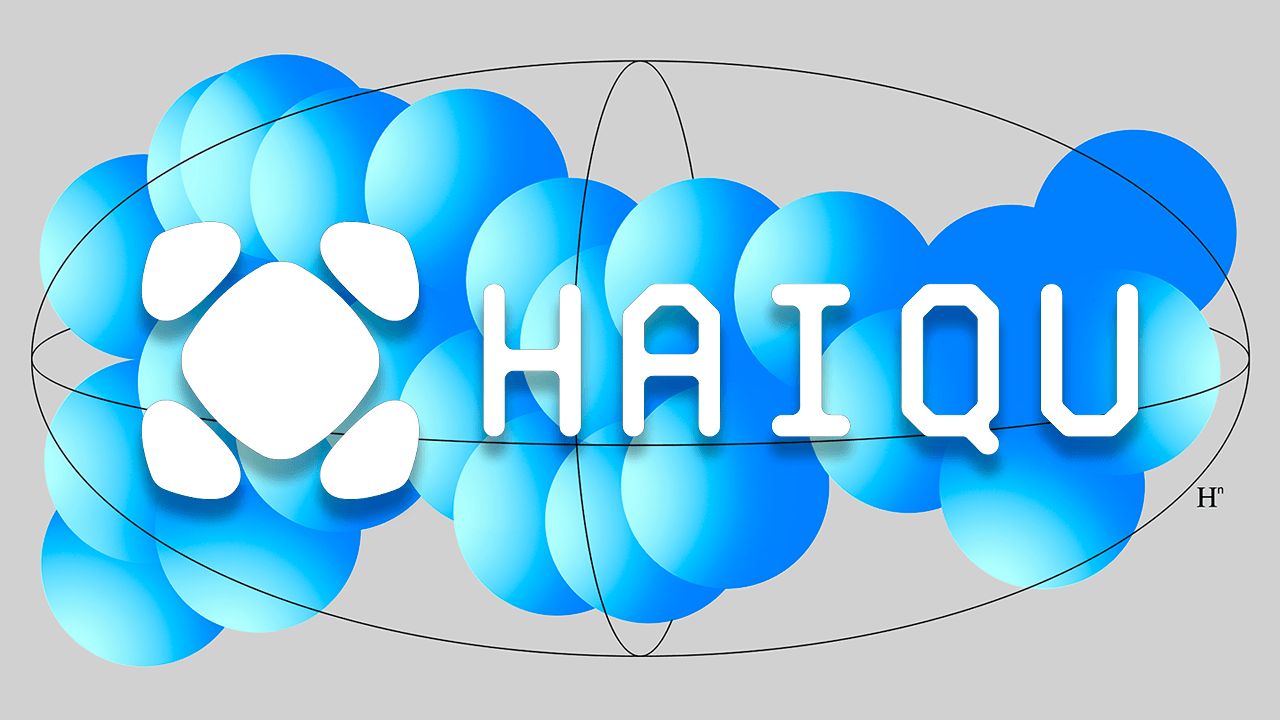Main image: Fakes, distortions, and manipulations: Switzerland has recently become a regular target of propaganda attacks. Keystone / Vera Leysinger
In recent years, Switzerland has increasingly become the target of propaganda attacks and disinformation campaigns aimed at creating a distorted perception of the country abroad, according to Swissinfo.
Russian propaganda channels have particularly focused on spreading false information about Swiss neutrality, suggesting that the country has allegedly abandoned the principles it has upheld since 1815. Such publications create a misleading impression of Switzerland’s role in global politics and can foster hostile attitudes toward the country.
Examples of these manipulations appear in English-language publications and social media. For instance, Turkish state media published an article titled “Why Switzerland Abandons Its Neutrality After 500 Years,” creating a misleading context even when the text itself was more nuanced. In spring 2025, a viral video of a demonstration in Bern was accompanied by headlines claiming “Switzerland Now Looks Like a War Zone,” with some users falsely asserting that protesters were attempting to storm a synagogue. In reality, police controlled the situation, and the demonstrators were heading toward the U.S. embassy.
Russian media, including RT, systematically promote the narrative that Switzerland is allegedly aligning with NATO and may lose its neutrality by being drawn into geopolitical conflicts. Often, segments from Swiss documentary films are repurposed and presented out of context to create a negative image of the country. These materials are disseminated not only in German but also via English- and Chinese-language platforms, forming a closed media environment where false narratives spread widely.
Alongside neutrality, disinformation targets issues such as migration, security, and the banking system. In Arabic- and Chinese-language social media, Switzerland is portrayed as unsafe and criminalized, allegedly discriminating against students or deporting migrants. In reality, many of these claims are false: Swiss banks require disclosure of personal information to open accounts, migration policy is balanced, and law enforcement effectively maintains public order.
To counter disinformation, Switzerland actively communicates events through media in multiple languages and supports reliable sources such as SWI swissinfo.ch and English-language federal publications. Experts emphasize that media literacy is crucial: audiences need to recognize manipulative techniques and verify the credibility of sources. In the context of a global information war, it is essential for Switzerland to maintain an accurate understanding of its neutrality policy and prevent false narratives from taking hold abroad.
Russian propaganda and disinformation campaigns create a distorted perception of Switzerland, influencing international public opinion and threatening the country’s reputation. In response, Switzerland relies on transparency, factual explanation, and support for responsible journalism to preserve an accurate understanding of its role in the world and prevent manipulation of its image.



















